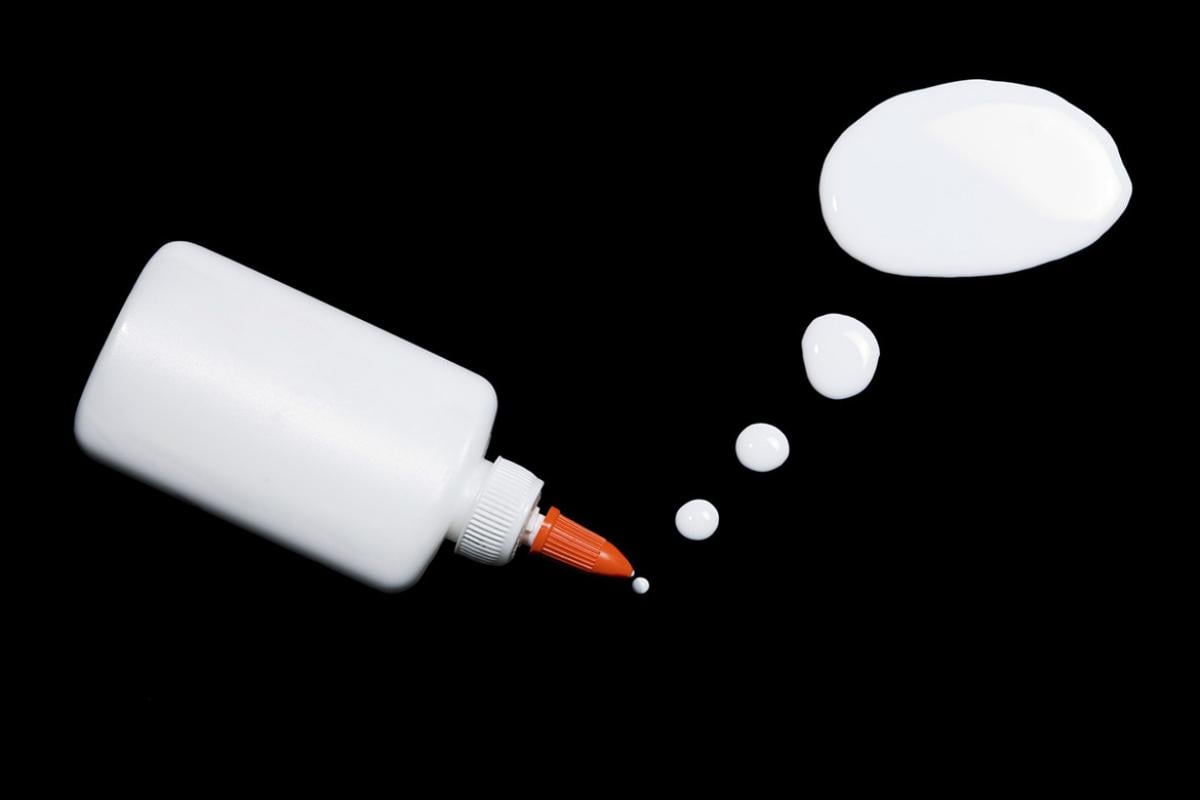The research one conducts as a medical student contributes to the body of knowledge used to improve patient outcomes. These scholarly pursuits also can shape careers and help bolster a residency applicant’s credentials.
On the precipice of completing more than a decade training to be a physician, David Savage, MD, PhD, calls the research he did studying EGF receptor recycling in the childhood cancer neuroblastoma the “hardest thing I’ve ever done.”
That work, completed as part of an MD-PhD program, helped lead him toward a career in hematology/oncology. Now a hematology/oncology fellow at Scripps Clinic in La Jolla, California, with a future in academic medicine on the horizon, Dr. Savage shared the lessons he learned as a medical student researcher and how they have continued to shape his career.
For medical students looking to hone their research skills, the AMA offers resources and programs that bring you from the basics all the way to the AMA Research Challenge where you can compete for a $10,000 prize.
Medical student research retrospective: David Savage, MD.
Current position: Hematology/oncology fellow at Scripps Clinic in La Jolla, California.
Specialty: Hematology oncology.
Medical school: University of Texas McGovern Medical School.
How I got interested in doing research: I started college with an interest in medicine and took all the prerequisite courses. Then when I was a sophomore, I got invited to apply for a summer research program at my college. This opened my eyes to the fact that I was capable of research and that I enjoyed it.
Research that inspired me: The landmark papers that paved the way for immunotherapy as a cancer treatment inspired me. It’s been incredible to see how basic science translated to a whole new modality of treatment for cancer in a very short period.
My first foray into medical student research: I did several lab tutorials as a medical student. I was an MD-PhD student, so this was a required part of my training. These rotations gave me my first experiences with tissue culture and animal-based models for experiments. This taught me a lot about translational research. One of my first lessons was that research is very collaborative, and you never know who might be of help. It’s good to know what other labs are doing because it builds your network of support when in a bind.
My signature medical student research: I am proud of my dissertation research studying EGF receptor recycling in childhood cancer neuroblastoma. This project took me about 3.5 years to complete, and it was one of the most difficult things I have ever done.
How my research relates to my physician specialty choice: I worked in a cancer research lab in Houston and shadowed physicians frequently at MD Anderson Cancer Center. The positive experiences I had in the lab and clinic solidified my desire to be an oncologist.
In hematology/oncology, we are constantly reading new trials and translating the data for our patients. I think even if you do not do research yourself, knowing how trials are conducted makes it possible to objectively evaluate trials. There are also a lot of unanswered questions in hematology/oncology and having a research skill set really opens up the doors of opportunity.
How much research I conduct in my day-to-day practice: I spend about 30% of my time doing scholarly work. I have already accepted an assistant professor position for 2024 where I will have 60% of my time dedicated to research. Having a track record already was really helpful with negotiating this as a part of my new job.
How medical school supported my research: In grad school I picked a mentor who had a good track record of helping students graduate and get published. Now I have looked for mentors doing research in the field of health equity, which is my current interest.
How I have identified research mentors: I would have tried to focus on fewer projects, especially early in my first summer tutorials, to try to expedite my timeline. It ultimately took me five years to finish a PhD in the middle of medical school.
Advice for medical students with designs on publishing: Think hard about your passions and try to align your research with those passions. There are many other kinds of research besides basic science work. In other words, you can publish more easily if you’re working on questions that you care about and not just doing lab work because you think that’s what’s expected of you!
Other tips for medical student researchers: In your first year, see if your school has a summer research program. If it does, consider finding a mentor in the first six months so that you can spend the spring figuring out your project. This will allow you to hit the ground running and make the most use of a 10-week summer experience.




